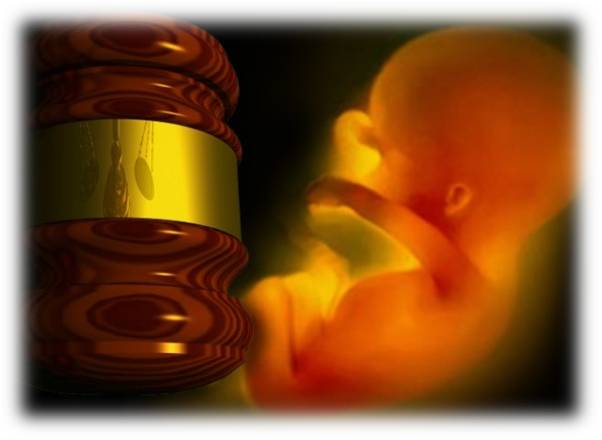In a strange case out of England that puts the spotlight on problems associated with the fertility industry, a British mother has filed a lawsuit seeking the right to give birth to her dead daughter’s baby.
An unnamed 59-year-old woman and her 58-year-old husband filed a legal challenge to obtain her dead daughter’s frozen eggs so she can give birth to her own grandchild. A British regulator has forbid her obtaining the fertilized eggs and taking them to a fertility clinic in the United States to implant them into her uterus.
The Independent newspaper has more:
The couple say it was the dying wish of their daughter, an only child who died of bowel cancer in her late twenties, that her eggs be fertilised by donor sperm and implanted into her own mother’s womb.
The daughter initially had her eggs frozen after being diagnosed with cancer in the hope that she herself could have children in the future. Her parents want to export the eggs to New York, where a clinic has indicated it is willing to provide treatment at an estimated cost of up to £60,000.
Dr Mohamed Taranissi, who runs the ARGC fertility clinic in London, said: “I have never heard of a surrogacy case involving a mother and her dead daughter’s eggs. It’s fair to say that this may be a world first.”
But the Human Fertilisation and Embryology Authority (HFEA) has refused to issue a “special direction” allowing the eggs to be removed from storage in London and sent to the US. Its statutory approvals committee took the decision last year, saying there was insufficient evidence to show that the daughter wanted her mother to use donor sperm to carry her child.
The committee argued that there was no clear, written consent and it was entitled to use its discretion to refuse to issue a special direction, without which it would be unlawful for export of the eggs to go ahead.
Fortunately, none of the fertility clinics in Britain that the woman approached would follow through with her request. Unfortunately, this is not the first emit a woman has sough tot give birth to her own grandchild.
In early February 2014, a 58-year-old woman gave birth to her own grandchild.
Julia Navarro’s daughter, Lorena McKinnon, has had roughly twelve miscarriages since she and her husband began trying to get pregnant about three years ago. Realizing that carrying their children to term did not appear to be a viable possibility, they sought a gestational surrogate.
The surrogate who volunteered turned out to be Lorena’s own mother. This is not the first time a mother has gestated her own grandchild, but the instances of this occurring appear to be rare.
Julia was warned by physicians that the human embryo(s) would only have a 45% chance of survival once implanted into her, due to her age. Defying odds, the baby did survive.
Choosing to have children via a surrogate can require extensive psychological counseling ahead of time because of the mental preparation necessary, and this factor was even more at play in Lorena’s case because the surrogate was her own mother — the same woman who had carried and given birth to her 30-something years ago. However, Lorena reports that some aspects of surrogacy, such as the steep price tag, were eased by the fact that her mother agreed to be the surrogate.
Surrogacy poses a number of ethical concerns, chief among which are that it threatens to downgrade children to deserved possessions rather than a gifts, and that it has the potential, in a legal setting, to classify children as property that is owned.








